networking
Latest

Razer embraces 5G with its Sila home router concept
Turns out, not even Razer is immune to the hype surrounding 5G right now. In addition to its tiny, modular Tomahawk desktop, the company also revealed today it's been working on a home 5G router thanks to a little help (otherwise known as "some grant money") from the Singaporean government.
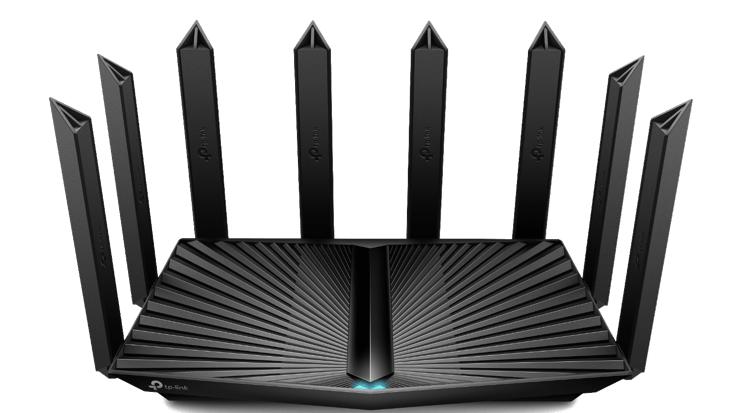
TP-Link's Archer GX90 is a tri-band WiFi 6 gaming router
Gaming on WiFi can be a gamble, with the potential for intermittent signals at the wrong time ruining a match. With the recently introduced WiFi 6 standard, compatible routers can offer faster and more reliable wireless internet when multiple devices are connected. Now, with CES as a backdrop, TP-Link is introducing a WiFi 6 router specifically for gamers.

TP-Link adds WiFi 6 to its affordable mesh routers
If you live in a large home or have thick walls which cause WiFi dead zones, one solution is a multi-node mesh router system to blanket your living area in bountiful internet. Networking brand TP-Link launched its first WiFi 6-capable mesh router last year, and expanded its range of affordable mesh WiFi systems as well. Now, the company has unveiled a new Deco Mesh line that combines next-gen WiFi and mesh networks into an affordable package.
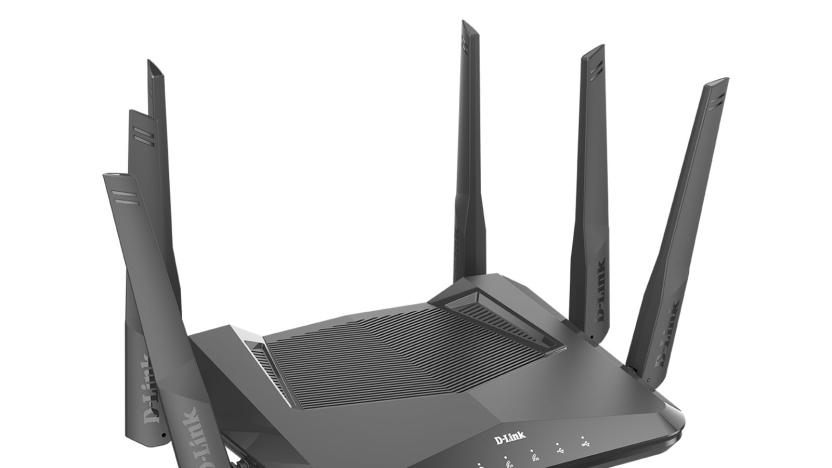
D-Link's latest routers pack WiFi 6 and mesh networking
It wouldn't be CES without an avalanche of WiFi routers, and D-Link is certainly contributing its share. It's coming to the show with no less than nine (!) offerings, all of which include mesh networking to help set up strong coverage across a whole home. They also have "enhanced," profile-driven parental controls that are reportedly easy to set up, and five models support the added speed of WiFi 6 if you're looking to future-proof your network.

Google's Assistant-friendly Nest WiFi router is available now
You now have your chance to try Google's latest, Assistant-fueled take on home networking. As promised, Nest WiFi is now available through Google's store and other channels. You can buy the core router by itself for $169, but the system only really comes alive when you buy Points that both extend the mesh network and double as Google Assistant smart speakers. A standard pack with a router and one Point will cost you $269, while a three-pack will serve large homes for $349. You can buy further points for $149 online.
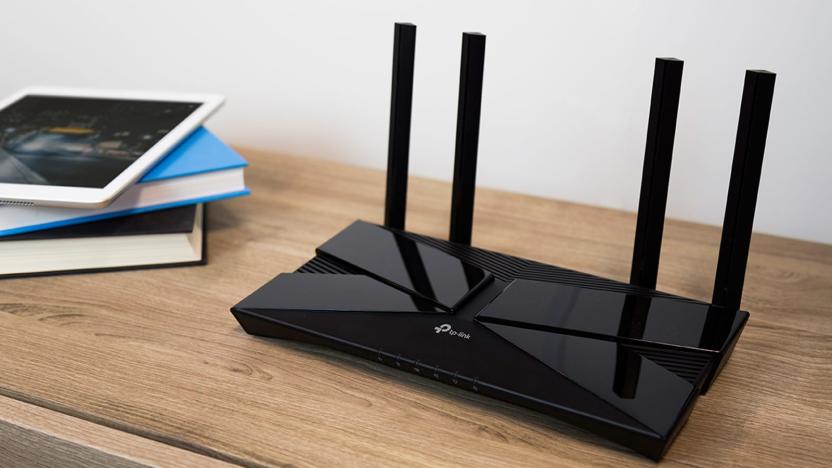
TP-Link's $70 WiFi 6 router is destined for Walmart
The speedier WiFi 6 standard is barely a year old, but it's already becoming easy to find low-cost routers that support it. TP-Link is introducing two Walmart-bound WiFi 6 routers, the Archer AX1500 and AX3000, that are focused on lower the price of entry for next-gen networking. The AX1500 you see above won't floor you with its 1.2Gbps peak speed (300Mbps on 2.4GHz), but it also costs just $70. It's a relatively easy pick if you're just looking for a tangible improvement over WiFi 5 (aka 802.11ac). The five gigabit Ethernet ports don't hurt, either.

Amazon Sidewalk aims to connect outdoor tech beyond your WiFi range
As IoT technology spreads across our homes, keeping devices on our WiFi networks becomes more of an issue. Amazon thinks it has a solution with Sidewalk, which aims to keep low-power, low-bandwidth devices connected despite being far away from your router using, a 900 MHz spectrum.

Germany and the Netherlands form a joint military network
Networking on the battlefield won't just be limited to communication between units for one country. Germany and the Netherlands have created a joint military network, TEN (Tactical Edge Networking), that helps soldiers from the two countries coordinate their operations. They'll even share computers, radios, telephones and other equipment. TEN will initially link Germany's land operations with the Netherlands' tactical communications program.

American Airlines offers satellite WiFi to its entire mainline fleet
If you're relying on American Airlines for a summer trip, there's a good chance you'll have internet access most of the way. The company has finished deploying satellite-based internet access to the fleet of 700-plus narrowbody aircraft that mainly handle its domestic routes. Depending on where you're going, you'll have either Gogo 2Ku or ViaSat Ka connections providing speedier, more consistent WiFi than the ground solutions of old. American deployed satellite broadband to its widebody aircraft roughly a year earlier.

Over 21,000 Linksys routers leaked their device connection histories
Certain Linksys WiFi routers might be sharing far more data than their users would like. Security researcher Troy Mursch has reported that 33 models, including some Max-Stream and Velop routers, are exposing their entire device connection histories (including MAC addresses, device names and OS versions) online. They also share whether or not their default passwords have changed. Scans have shown between 21,401 and 25,617 vulnerable routers online, 4,000 of which were still using their default passwords.

Verizon patches FiOS routers to fix three security flaws
Of all the home network devices we need to keep secure, there might not be any one more important than the router itself. For Verizon (the owner of Engadget's parent company) FiOS home internet customers, it's time to double check that your gear has been updated with the latest firmware update after Tenable Research identified several vulnerabilities in the Quantum Gateway G1100. If exploited, someone could control it and According to a breakdown of the vulnerabilities, they would mostly require someone to be connected on the local network itself, however it could also be vulnerable if remote administration is enabled and someone had the credentials that are printed on a sticker attached to the device. Tenable notified Verizon of the problem in December, and a firmware update to fix affected devices started rolling out March 1st. As Bleeping Computer notes, at least one person reported some issues after it was installed, although it was resolved after a factory reset of the device.

NVIDIA joins Intel in bidding war for major Israeli chip maker
If you needed any further evidence that NVIDIA is becoming more of a direct competitor for Intel, you might just have it. A Calcalist source claimed that NVIDIA has made an offer to acquire Mellanox, a chip maker best known for its high-performance computing and networking tech. While it's not clear how much NVIDIA has been willing to pay, Reuters insiders said that NVIDIA could pay more than $7 billion -- well past the $6 billion Intel reportedly offered a few months ago.
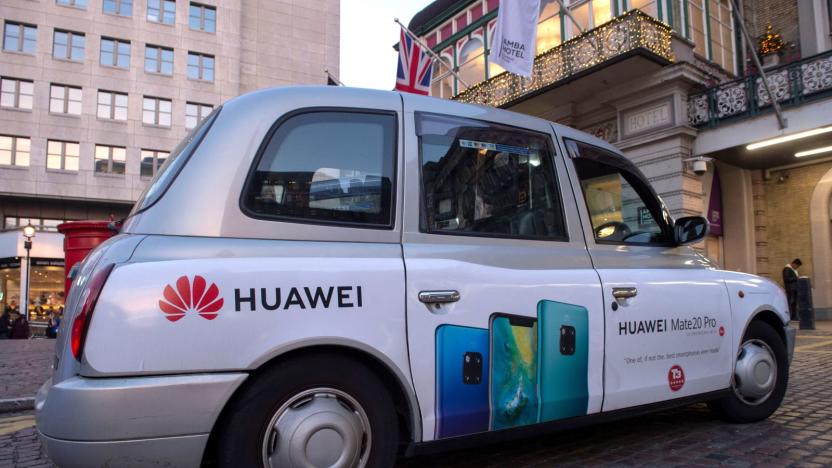
UK believes it doesn't need to ban Huawei from 5G networks
The US may have had some success in persuading allies to ban Huawei equipment from their 5G networks, but not everyone is convinced there's an existential threat. Financial Times sources claim the UK's National Cyber Security Centre has found that it can limit the risks of using Huawei gear in 5G deployments without banning it entirely. This could include using a variety of suppliers and restricting some parts of 5G networks.
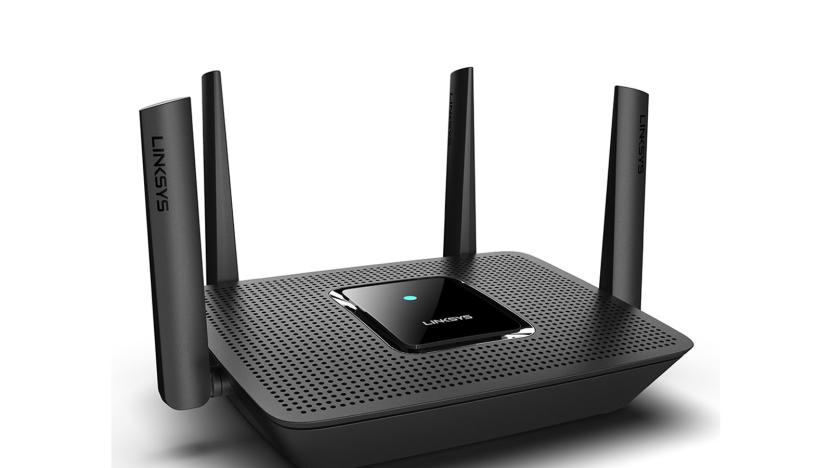
Linksys' Max Stream router can be the center of a mesh network
It's CES, and that means it's time for Linksys to unveil yet another WiFi router -- but this one could be particularly important if you're tired of dead spots in coverage. Its new Max Stream AC2200 is a typical (if quick) tri-band router with 2.2Gbps of combined bandwidth, but includes built-in mesh networking support. If your WiFi bogs down in the bedroom, you can add Velop nodes to keep things humming. You don't have to buy a dedicated mesh system (or litter your home with full-size routers) to guarantee consistent speeds.

Hacker forces Chromecasts and smart TVs to promote PewDiePie
The subscribe-to-PewDiePie hacking campaign continues unabated -- although it might have a positive side benefit this time around. TheHackerGiraffe (who perpetrated the earlier printer hack) has compromised thousands of Chromecast dongles, Google Home speakers and smart TVs to make them play a message that spreads both a security warning and PewDiePie propaganda. His script looks for compatible devices exposed to the internet through poorly configured routers, renames those devices to draw attention to them, and attempts to play a YouTube video warning victims to mend their ways. They're pointed to a web link (broken as of this writing) that offers help.

Early internet pioneer Larry Roberts dies at 81
The internet has lost one of its early architects. Larry Roberts, best known as the program manager for ARPAnet (the internet's precursor), died on December 26th at the age of 81. While he wasn't as much of a public representative for the internet as people like Tim Berners-Lee or Vint Cerf, he made key decisions that would dictate how the internet behaved.

How 5G makes use of millimeter waves
It took a while, but the first ever 5G spec was finally approved late last year. 5G NR, as it's called, will bring about super fast mobile internet by tapping into new spectrum. We're expecting to see the first 5G-ready phones in the first half of 2019, although most people likely won't experience the full benefits of the new technology until about a year later. Still, 5G NR promises to dramatically improve cellular internet speeds and enable experiences like always connected laptops or livestreaming from VR headsets. The entire mobile industry is excited as hell for it, so here's a little guide to help you make sense of the hype.
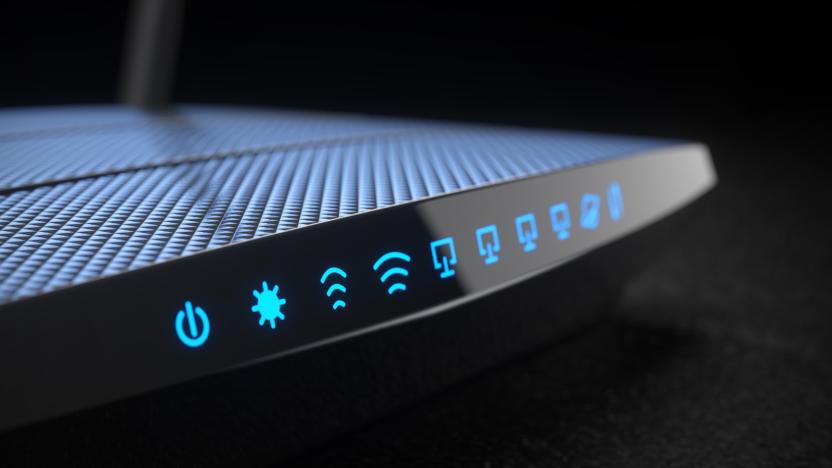
WiFi's tougher WPA3 security is ready
WiFi security is finally getting an upgrade after 14 years. The Wi-Fi Alliance has officially launched WPA3, the next-generation standard that promises to tackle many of the vulnerabilities that have persisted in wireless networking. Most notably, it brings individualized data encryption that should protect your data against eavesdropping from within the WiFi network. You'll also get tougher password-based sign-ins through Simultaneous Authentication of Equals, a key establishment protocol that reduces the chances of someone guessing your password -- even if it's lousy.

Quantum entanglement on demand could lead to a super-secure internet
If you're going to create virtually unbreakable quantum networks, you need to create quantum entanglement so that particles, and thus pieces of data, are intertwined at long distances. There hasn't been a reliable way to make that happen, however, until now. Scientists at TU Delft have produced the first entanglement on demand -- that is, they can reliably trigger the quantum pairing effect and make it last long enough to be meaningful. The effect only worked across two nodes and a modest distance of about 6.6 feet, but it raises the possibility of a quantum internet that's far more secure than what you see today.

Data-stealing router malware bypasses web encryption
A recently discovered strain of router malware appears to be much worse than thought. Cisco Talos has learned that VPNFilter can not only render devices unusable, but can bypass the SSL encryption you often see on the web. A module in the malware intercepts outgoing web requests to turn them into non-secure (that is, basic HTTP) requests, helping it steal sign-ins and other sensitive data when possible. It can also use man-in-the-middle attacks to insert hostile JavaScript into outside websites, and target devices beyond the router itself, such as PCs on the local network.





